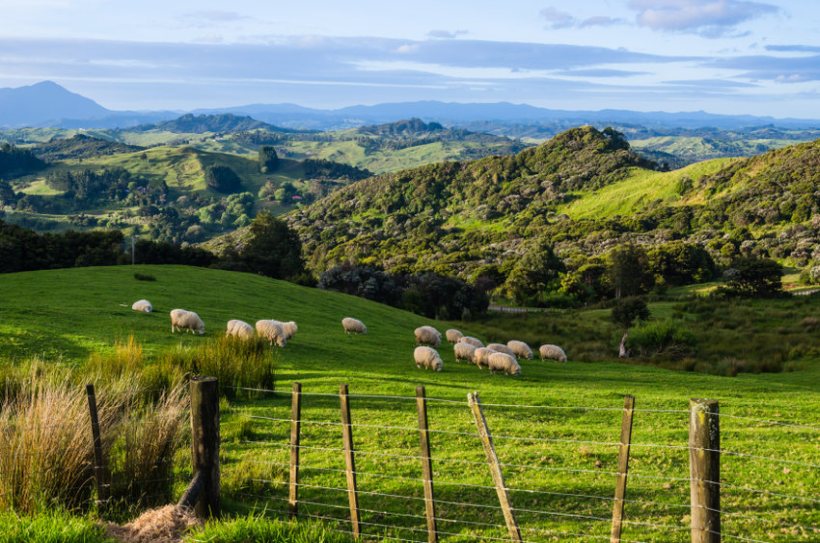
The UK and New Zealand trade deal will allow a major increase in sheepmeat imports, with the sheep sector warning it will create an 'unnecessary risk' for British farmers.
The National Sheep Association (NSA) has made the warning after responding to the signing of the free trade agreement on Monday (28 February).
The New Zealand deal follows a similar one agreed between the UK and Australia, at the end of 2021.
Both have been hailed by the Department for International Trade (DIT) as successful agreements allowing extensive trade opportunities for UK industries.
However, the deals are with the world’s largest sheepmeat exporters, with the NSA warning they do not go far enough in protecting UK sheep farmers via the ‘special measures’.
It says the UK sheep sector is 'concerned' over where it is expected to transition to after 15 years, when trade is expected to be liberalised completely.
The NZ trade deal includes the opportunity for tariff free volumes to rise incrementally from 114,000 tonnes now, to 165,000 tonnes by year 15.
At the end of this 15 year period, trade is expected to be liberalised completely.
This is combined with the Australian agreement of 125,000 tonnes - almost the total volume of lamb consumed in Britain.
NSA chief executive, Phil Stocker warned: “This deal is opening ourselves up to a level of risk that could come and bite us in years to come.
"It could pave the way for Britain’s environmental and land management policies to reduce domestic production and then feed ourselves from anywhere across the globe."
Mr Stocker added that the New Zealand trade deal was largely one-way, with 'little benefit' to be gained by British sheep farmers.
"It is worth considering that the last two years have seen reduced imports of New Zealand lamb due to Brexit and Covid," he said.
"Our domestic supply chains have catered well for demand in the absence of this."
He said the sector was not in agreement with the model being proposed that would see farms tightening their production window and exporting more, with more imports brought in when product is not available.
Mr Stocker added: “This to me doesn’t benefit our sheep farming system here in the UK and neither does it win on our aspiration for high standards, climate change targets, or reliable food security.”
